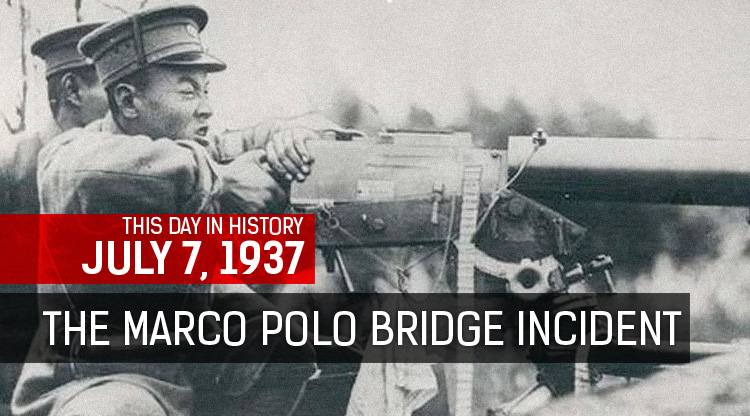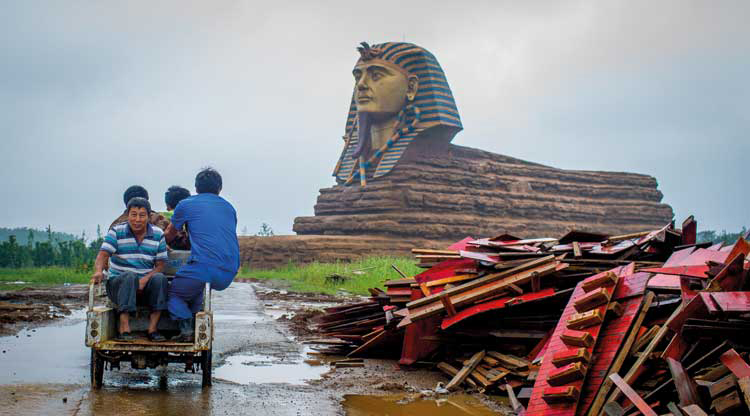China has reacted angrily to a comment by the new head of Japanese public broadcaster NHK dismissing his country's use of forced sex slaves (or 'comfort women') during WWII.
Katsuto Momii later apologised for his remarks – in which he claimed that army brothels were "common" worldwide during the war, and not only a Japanese issue – but Japan has a long history of downplaying its use of forced sex slaves.
1992
Japanese chief government spokesperson Koichi Kato issued an official apology for the use of sex slaves during the war, saying the government could not "dent that the Japanese army played a role" in abducting and detaining "comfort women". "We would like to express our apologies and contrition," he added.
2005
Shinzo Abe, then chief cabinet secretary, admitted that he had urged NHK officials to modify a 2001 documentary on "comfort women" to reflect revisionist views.
2007
During his first stint as prime minister, Shinzo Abe denied that "comfort women" were coerced into becoming sexual slaves for the Japanese military.
The Japanese cabinet issued a statement claiming that "no evidence was found that the Japanese army or the military officials seized [comfort women] by force." The government later reiterated its 1992 apology for the use of sex slaves in WWII.
Japanese historian and Nihon University professor, Ikuhiko Hata claimed that the number of comfort women was less than 20,000, a tenth of the number estimated by international organisations. Hata also claimed that no comfort women were forcibly recruited.
2012
Toru Hashimoto, Mayor of Osaka and leader of the Japan Restoration Party, said there was "no evidence that people called comfort women were taken away by violence or threat by the [Japanese] military". He later apologised.
[Image: Chinese and Malayan girls forcibly taken from Penang by the Japanese to work as "comfort women". Via Wikipedia]





















0 User Comments